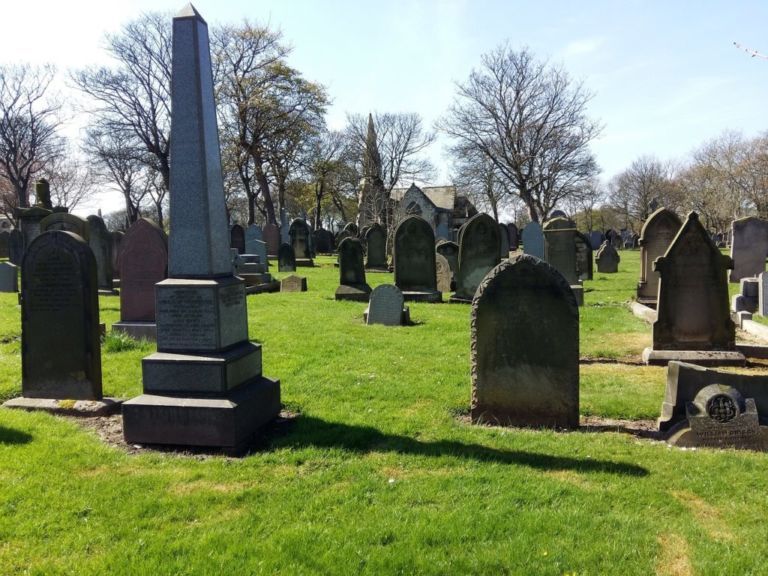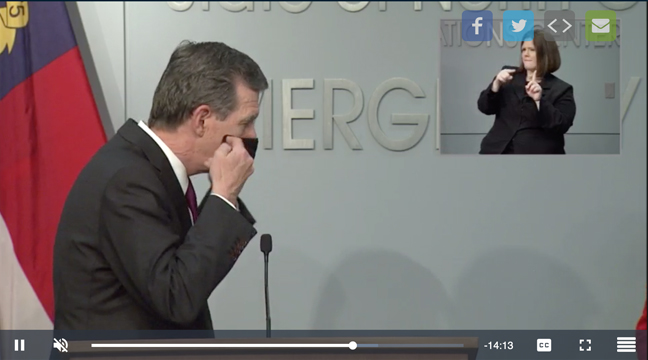There’s been a lot of talk lately about North Carolina’s spending on education, with claims that the Republican legislature is dismantling a hard-earned reputation for educational excellence in the state. This week, Terry Stoops, Director of Education Studies, takes a look at the real funding numbers, which are somewhat different. On the blog, he wrote about legislation affecting charter school authorizing bodies in NC, teacher certification, Lt. Gov. Dan Forest’s questions about Common Core, end-of-grade tests, standards and race in Alabama, and busing in California.
Sarah Curry, Director of Fiscal Policy Studies, laid out the basics of the General Assembly’s new tax plan. She also blogged about North Carolina’s job market, personal income tax, sales tax, and tobacco, particularly making some comparisons with the rest of the US.
Roy Cordato, Vice President for Research and resident scholar, examined the tax reform plan’s implications for "renewable" energy subsidies and some of its other major provisions. He also compared energy prices in the US with those in Europe. America looks pretty good (or Europe looks pretty bad) in these graphs!
Jon Sanders, Director of Regulatory Policy Studies, explained two pieces of legislation in the North Carolina General Assembly that should make the state more competitive and help promote real job creation. He also wrote an interesting blog post about peak oil.
Finally, Katherine Restrepo, Health and Human Services Policy Analyst, continued her countdown of the days until Obamacare implementation. Only 74 days left! She also shared this cartoon.
There is a lot more on the John Locke Foundation’s Locker Room blog.
This week, the research division also published, along with the Texas Public Policy Foundation, a revised version of a previously published Spotlight report on Improving Juvenile Justice: Finding More Effective Options for North Carolina’s Young Offenders. It looks at options that may better meet the unique needs of 16 and 17 year olds, both at trial and in sentencing.
If you aren’t currently receiving the research division’s newsletters, you can sign up for them here. They, along with the blog, are a great way to stay informed about what’s happening in North Carolina public policy.


